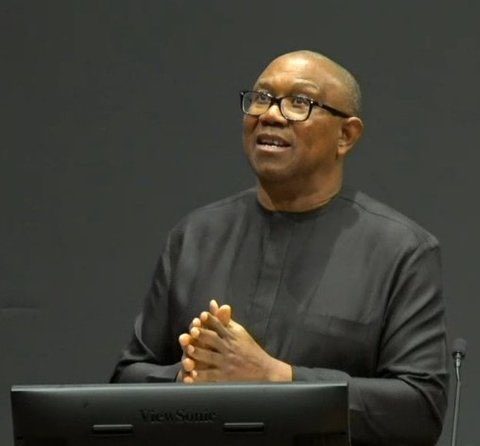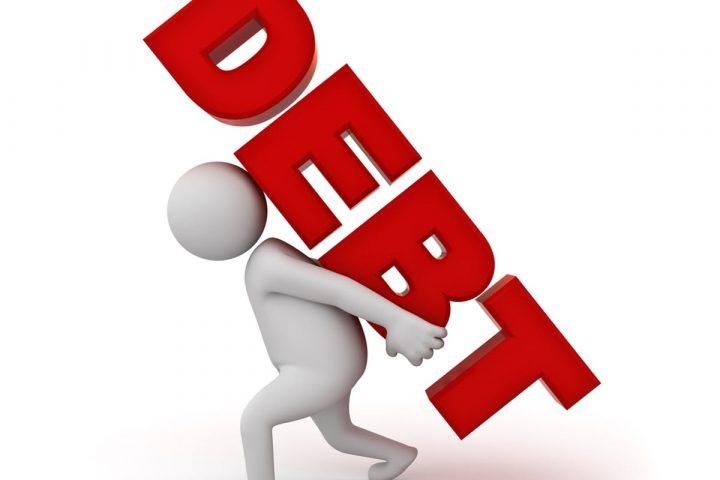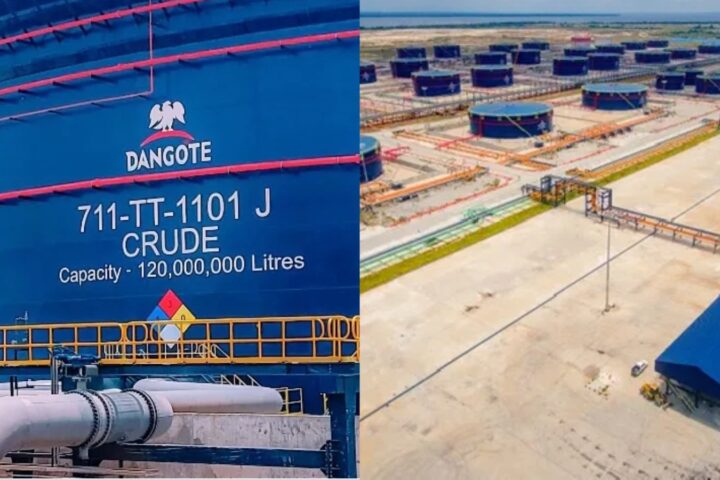Obi says debt service costs more than the combined budgetary allocation for defence, education, health and infrastructure; urges the Federal Government to pause and re-evaluate the impact of previous borrowings and make better decisions for the future.
Presidential candidate of the Labour Party in the 2023 general election, Mr Peter Obi, has expressed concerns about Nigeria’s heavy debt burden accumulated over the years which has now reached N97.34 trillion.
Join our WhatsApp ChannelObi in a statement via his verified X handle on Tuesday, said a more worrisome fact is that all the borrowed funds have no productive value as they can’t be traced to any significant usage or capital investment with a regenerative ability.
Prime Business Africa reports that the National Bureau of Statistics, in a report released last week, revealed that Nigeria’s debt stock rose from N87.91 trillion (114.35 billion dollars ) in the third quarter of 2023 to N97.34 trillion (108.23 billion dollars) in the fourth quarter of 2023.
The country’s public debt stock, which included external and domestic debt, grew by 10.73 per cent on a quarterly basis.
While the external debt rose to N38.22 trillion (42.50 billion dollars) in Q4 2023, domestic debt was N59.12 trillion (65.73 billion dollars).
READ ALSO: Economy: Obi Warns About Danger Of Piling Up Debts By Tinubu’s Govt
Obi, there is nothing to show the impact of the borrowed funds on the nation’s development.
He said: “At the end of the second quarter, Q2, of 2023, our debt stood at N87.9 trillion, which was very disturbing to us, because we were at a loss as to what we did with the huge debt, especially the over N23 trillion ways and means borrowed by the last administration, which for me, would have been the end of borrowing without any visible and corresponding investment and benefit to the nation.
“But sadly and more worrisome is the fact that between the end of the third quarter, Q3, and the end of the fourth quarter, Q4, of 2023, about N10 trillion was added to our debt portfolio, which has now taken our debts to N97.3 trillion, again, without any corresponding visible and verifiable utilization. This is the highest ever borrowed in one quarter.”
He lamented that approximately N10 trillion was spent on servicing both domestic and external debts that were clearly “unproductive”
According to him, each of what was borrowed in a quarter of last year and what was spent on debt service was more than the combined budgetary allocations for defence, education, health and infrastructure which are four priority areas.
“Last year, 2023, our total debt servicing for domestic debts stood at N4.4 trillion and that of external debt servicing was $3.5 billion, which is about N4.9 trillion. In effect, approximately N10 trillion is now spent on servicing unproductive debts.
“The implication is that what we borrowed in a quarter is about N10 trillion and what we spend on debt service, is also about N10 trillion. Each of these is more than the combined budgetary allocation for the four highest priority areas: defence (N3.25trn), Education (N2.18trn), Health (1.33trn), and Infrastructure (N1.32trn).
The former Anambra State governor called on the Federal government to stop further borrowing, conduct an evaluation of what has been achieved with previous borrowings and make better decisions for the good of the country in future.
“In the New Nigeria of our dream, our scarce resources will not only be duly accounted for but will be productively and prudently managed in moving our nation from consumption to production,” Obi added.
Victor Ezeja is a passionate journalist with seven years of experience writing on economy, politics and energy. He holds a Master's degree in Mass Communication.


















Follow Us